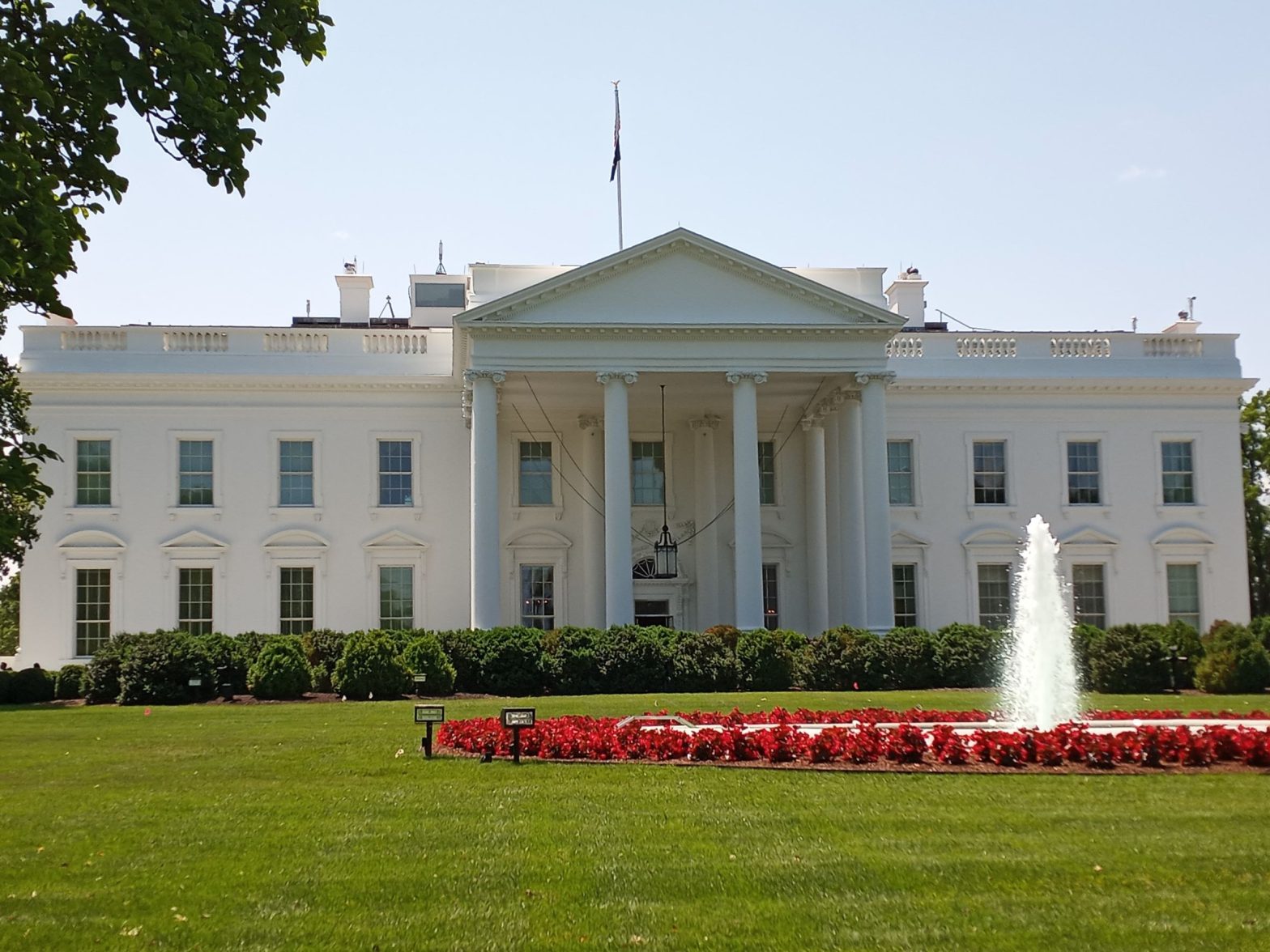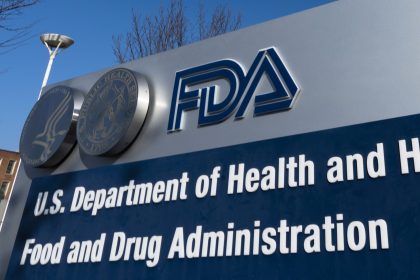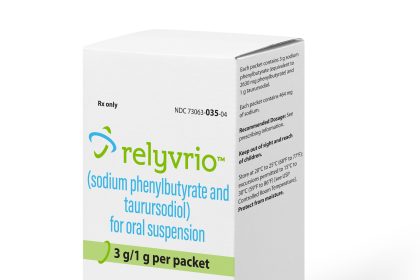Administration Makes First Offer in Drug Price Negotiation Process

WASHINGTON — The Biden-Harris administration on Thursday sent its initial offers to the makers of 10 prescription drugs that have been selected for price negotiations with Medicare under the Inflation Reduction Act.
Medicare is federal health insurance for anyone 65 and older, and some people under 65 with certain disabilities or conditions. It currently provides coverage to more than 65 million people, according to the Centers for Medicare and Medicaid Services.
The price negotiations — which are currently the subject of several court challenges — are a bid by the White House to lower surging prescription drug costs for older Americans.
Now that an initial round of offers has been made, each of the drug manufacturers involved has until early March to either accept the order or propose a counteroffer to the administration.
Barring their disruption by a court ruling or appeal, the deal-making is scheduled to run through Aug. 1 with final prices being announced on Sept. 1. Any prices agreed upon would take effect in 2026.
In a written statement released while President Biden was attending the National Prayer Breakfast on Capitol Hill Thursday morning, the president lauded the fact that “for the first time in history … Medicare is no longer taking whatever prices for these drugs that the pharmaceutical companies demand.”
He went on to say the first group of drugs for which prices are being negotiated treat a wide range of conditions, including diabetes, Crohn’s disease, arthritis, heart disease and cancer.
“Just one of these drugs alone can cost as much as $6,500 in out-of-pocket costs for seniors,” Biden said. “Through my Inflation Reduction Act, we’re working to give seniors the best possible deal on their prescription drugs and lower health care costs.
“Already, we’ve cut insulin costs to $35 for seniors and people with disabilities, and 15 million Americans are saving an average of $800 per year on health insurance costs,” the president continued, adding “seniors’ out of pocket drug costs will be capped at $2,000 starting next year.
“The days where Americans pay two to three times what they pay for prescription drugs in other countries are ending,” the president said.
In a related move, the Department of Health and Human Services Office for Planning and Evaluation released several reports detailing the cost comparison of prescription drugs in the United States with that of drugs sold in the 38 members of the Organization for Economic Co-operation and Development countries.
Among other things, the reports found that in 2022, the prices Americans paid across all drugs (brand names and generics) were nearly three times as high as in 33 of the comparison countries.
“For every dollar paid in other countries for drugs, consumers in the United States pay $2.78, and the gap is widening over time,” the report said.
In addition, the report said, in 2022, the prices of insulin products in the U.S. were nearly 10 times as high as prices paid in 33 OECD comparison countries.
Average gross prices in the United States were more than 10 times higher than prices in France and the United Kingdom; nearly nine times higher than prices in Italy; more than eight times higher than prices in Japan; about seven times higher than prices in Germany; and more than six times higher than prices in Canada.
The Office of the Assistant Secretary for Planning and Evaluation also released new research detailing how the Inflation Reduction Act expanded the financial protection available through the Low-income Subsidy (LIS) program, also known as “Extra Help,” for Medicare beneficiaries enrolled in prescription drug coverage.
Previously, the Extra Help program provided two levels of financial support to low-income seniors who met certain income and asset thresholds: a partial benefit, and a full benefit.
The lower cost prescription drug law folded the partial benefit into the more generous Full LIS benefit beginning in 2024.
Now, those Medicare enrollees who are eligible for the Extra Help program will no longer need to pay a deductible or premiums to receive prescription drug coverage, the report said.
“To keep their prices high,” Biden said, “Big Pharma and their allies lobbied hard against [the Inflation Reduction Act] and they were joined by every single Republican in Congress, who voted against giving Medicare the power to negotiate lower prices.
“What’s worse, Republicans in Congress are still trying to block this historic law and keep Medicare from getting the best deal for America’s seniors, supporting legislation and budgets that would repeal my work to lower drug prices,” he said, getting in an election year dig.
“My vision is different,” the president continued. “My administration won’t stop fighting to lower health care costs for seniors and families. Even as Republicans in Congress continue to try to repeal my Inflation Reduction Act, cut Medicare and Social Security benefits, end insurance for millions and keep health care costs high, we’ll continue to protect these programs and deliver lower costs for seniors and hardworking families.”
Health and Human Services Secretary Xavier Becerra said Thursday’s initial offers to the drug makers represent a “major milestone” in implementing the Inflation Reduction Act.
HHS announced the 10 initial drugs selected for the first cycle of Medicare drug price negotiation on Aug. 29, 2023. On Oct. 3, the department announced that the drug companies of all 10 selected drugs agreed to participate in negotiations with Medicare.
Over the next four years, Medicare will select up to 60 drugs for negotiation — and up to 20 additional drugs per year after that.
“Today is another milestone on the march to ensure people with Medicare get fair prices for prescription drugs,” Becerra continued. “I am confident that this process will lead to lower prices, putting an end to exorbitant price gouging by pharmaceutical companies.”
To drive the point home, the department launched a new website on Thursday, LowerDrugCosts.gov, to serve as “a resource hub” on the drug pricing provisions of the Inflation Reduction Act.
Not surprisingly, the Pharmaceutical Research and Manufacturers of America, also known as PhRMA, the trade group for the pharmaceutical industry, took a dimmer view of Thursday’s “initial offer” on drug prices.
“This continues to be an exercise to win political points on the campaign trail rather than do what’s in the best interest of patients,” said Alex Schriver, the group’s senior vice president of public affairs, in a written statement.
“Government bureaucrats are operating behind closed doors to set medicine prices without disclosing for months how they arrived at the price or how much patient and provider input was used,” Schriver said. “This lack of transparency and unchecked authority will have lasting consequences for patients long after this administration is gone.”
Dan can be reached at [email protected] and at https://twitter.com/DanMcCue
























